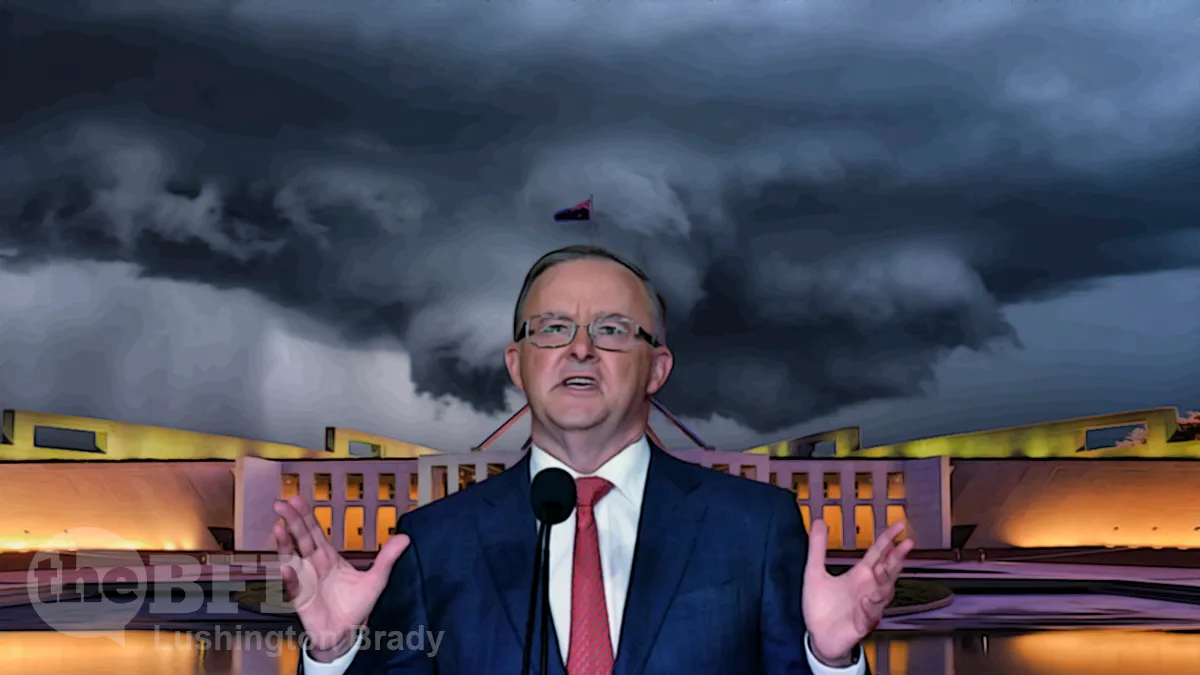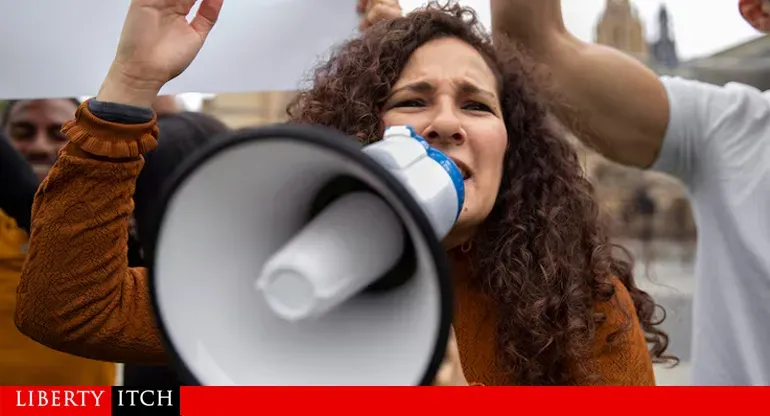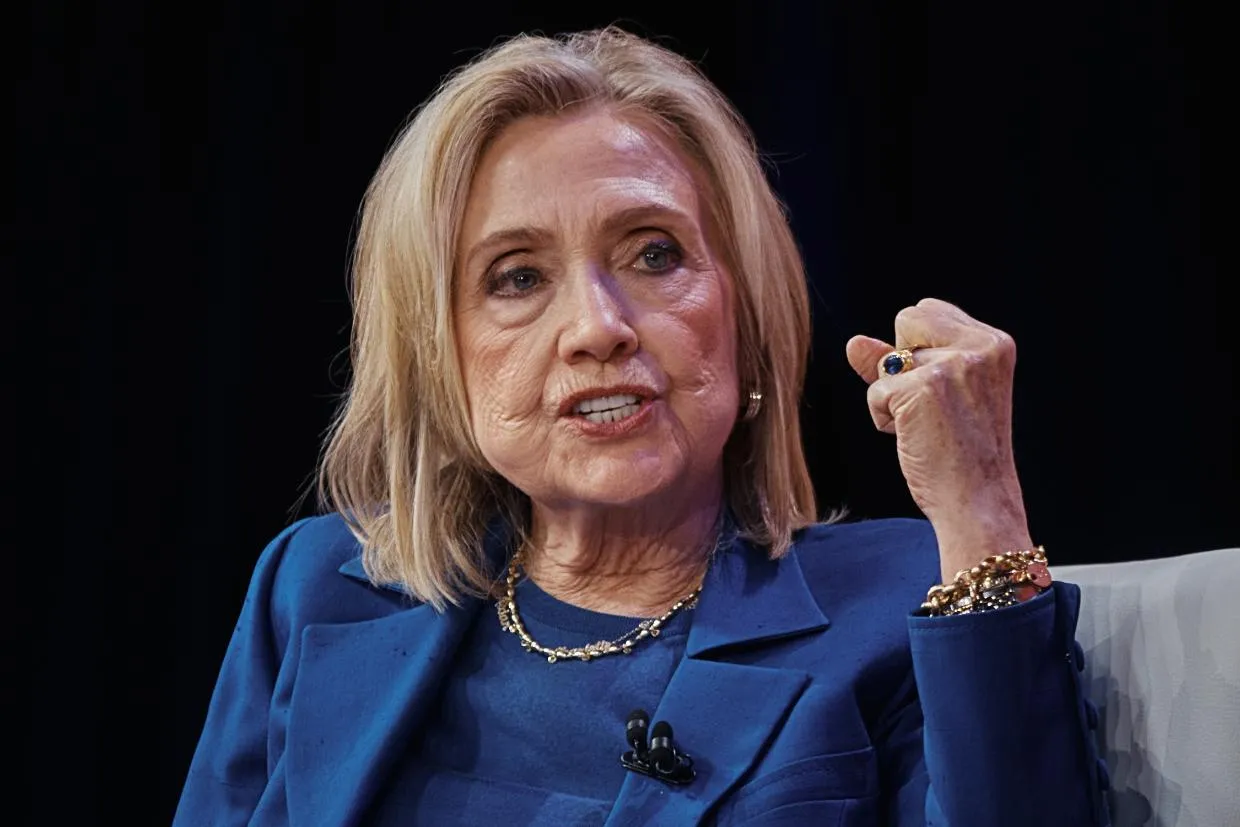Table of Contents
Australian PM Anthony Albanese’s honeymoon period has come to an end. Which is hardly surprising, based on years of polling trends for new PMs on each side of the political aisle. So far, the polling drop is ominous rather than calamitous: but then, Kevin Rudd soared far higher in the polls than Albo, and dropped even less before his colleagues unceremoniously knifed his leadership.
Indeed, it looks like Albo is making the same fatal mistakes as Rudd, none more damaging than starting a socialist war with business. In fact, it looks like there’s nothing ahead of Albanese but political pain.
The RBA should increase the cash rate by 25 basis points to 4.10 per cent on Tuesday with the economy withstanding the 11 increases since May “better than most seemed to think likely” according to Deutsche Bank economist Phil O’Donaghoe […]
“Multiple rate hikes now look likely to be delivered before the end of this year. For us, the only open question is when.”
The Australian
Multiple rises in interests rates, on top of huge spikes in energy costs, and following a budget that punished mortgage-holders, are going to be a heavier and heavier millstone around Albanese’s neck.
Especially with employer groups lining up to fight back against a government trying to implement quasi-socialist workplace regulations.
Australia’s largest employers, farmers and small-business owners have declared war on Anthony Albanese’s industrial relations reforms, launching a multimillion-dollar campaign attacking union-backed same job, same pay laws as a direct hit on aspirational workers.
Albanese’s unapologetic communist past as a member of Labor’s Hard Left faction is showing.
In a joint statement opposing Labor’s “destructive IR changes”, business groups said the reforms would “lead to lower wage growth and fewer jobs – compounding the plight of workers and families who are already doing it tough”.
“The so-called same job, same pay proposal does not mean equal pay for men and women. It does not speak of fairness and justice, as its name falsely represents. It means by law, employers will have to pay workers with little knowledge or experience exactly the same as workers with decades of knowledge and experience,” the statement said.
“It means by law, you cannot earn better pay by working harder or longer, if your colleague does not share your ambition or work ethic. This retrograde policy will deny Australian workers flexibility and the capacity to be treated individually. It will deny them the opportunity to negotiate more pay for harder work.”
Albanese is facing a sustained and heavily-financed backlash from the same groups whose similar campaign did so much damage to Rudd.
The alliance includes the Minerals Council of Australia, Business Council of Australia, Australian Chamber of Commerce and Industry, Australian Petroleum & Exploration Association, Master Builders Australia, National Farmers Federation, Council of Small Business Organisations Australia and the Recruitment, Consulting and Staffing Association.
Business leaders are threatening to indefinitely bankroll TV, radio and print ads to heap pressure on the Albanese government ahead of Workplace Relations Minister Tony Burke rolling out union-endorsed IR laws in coming months.
Still, Albo’s doing a great job of unifying diverse groups of Australians — against him.
Mr Albanese is managing pushback on multiple fronts, with the government clashing with pharmacists, fund managers and mum-and-dad investors over policies including the double-dispensing of medicines and franking credits.
The Australian
On a more symbolic but no less damaging front, Albanese’s signature policy (for all that it’s one he never, ever flagged during the election campaign) is failing badly.
Only several months out from the referendum and the Indigenous voice to parliament is in trouble.
The strength of the No vote is now significant and the Newspoll results may well come as a shock to the other side.
The findings don’t bode well for Anthony Albanese, whose political strategy to hold back detail of the voice to parliament and go on the vibe of constitutional recognition is clearly failing.
Worse for Albanese, finally releasing the full referendum question is not shoring up the Yes vote — if anything, the opposite.
Previous polls conducted prior to the wording having been settled have presented a more general question.
All these polls showed support for the Yes case at slightly more than 50 per cent. The general consensus was that momentum for the proposition had stalled.
The new survey showing support at just 46 per cent – with 11 per cent undecided – would suggest that it might struggle to pass the second test, a majority of states.
The results can only suggest that the No campaign, as disparate a grouping as it is, is succeeding in presenting a more effective and cleaner message […] on the voice numbers, it is clearly apparent that Albanese is losing the argument. Having ruled out concessions, in a high-risk strategy, time is running out.
The Australian
So far, the Voice campaign doesn’t appear to be damaging Labor’s primary vote. But that primary vote was already at a historic low (second-lowest in Australian history). Albanese cannot afford to be humiliated on his ginned-up moral crusade.
Yet, that is becoming increasingly likely. If it indeed happens, the PM’s already-thin claims to moral authority will be crippled. Probably fatally.









